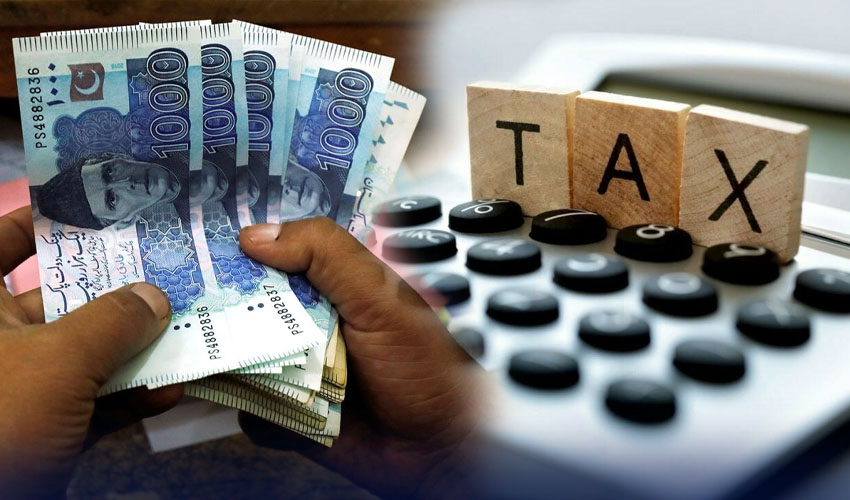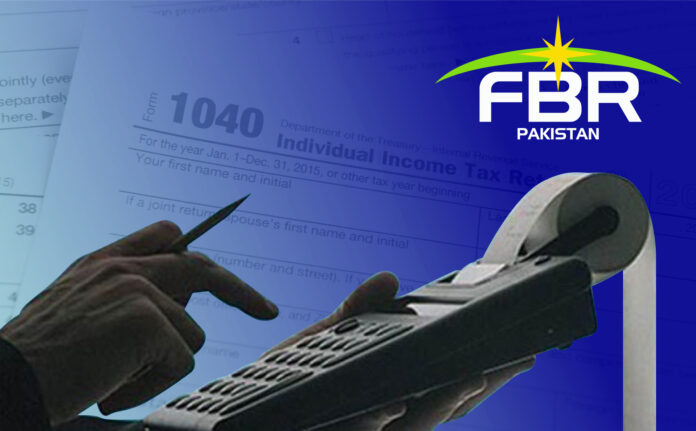TRADE & ECONOMY

Pakistan is facing an alarming Rs 6,000 billion in annual tax evasion, a recent investigation has uncovered. The scale of tax fraud spans multiple sectors, involving a complex web of manipulation, mismanagement, and legal loopholes that have deprived the national treasury of billions of rupees.
Key Findings of the Investigation
The investigation, led by Hum Investigates, reveals deep-rooted issues of tax evasion, corruption, and fraud involving a broad spectrum of society. From industrialists and traders to government employees and lawmakers, no group is untouched by these irregularities. Among the most shocking revelations is the increasing wealth of 1,170 Members of Parliament (MPs), whose assets grew by 85% between 2015 and 2019, with their collective assets now estimated at over Rs 300 billion.
Widespread Corruption Among Lawmakers
A detailed examination of MPs' financial records shows that while many of them have declared assets in the range of billions, a large portion of these assets are either underreported or hidden abroad. Of the 200 prominent MPs investigated, 25 were found to be billionaires, and 71 have assets exceeding Rs 500 million. Despite this, 99 MPs were found to be unregistered with the Federal Board of Revenue (FBR), and 161 MPs had not filed tax returns.
Sectoral Breakdown of Tax Evasion
The largest portion of tax evasion is in sales tax, amounting to Rs 3,600 billion annually. Income tax fraud is estimated at Rs 1,030 billion, with tax smuggling and excise duty evasion contributing Rs 600 billion and Rs 300 billion, respectively. These figures highlight the magnitude of the financial loss and the complexity of the fraud.
Criminal Mismanagement and Embezzlement
The investigation also revealed widespread criminal activities, including theft, fraud, and embezzlement within the FBR. In one case, goods worth Rs 260 million were removed from FBR warehouses in Karachi without paying the prescribed taxes. Further investigation has linked several customs officials to smuggling and money laundering operations that have caused significant revenue losses.
Financial Mismanagement in Public Institutions
The government’s failure to tackle these issues is evident in the significant losses recorded by public institutions. Audit reports indicate that the government lost Rs 425 billion due to fraud and mismanagement last year alone, including improper tax exemptions, uncollected tax liabilities, and embezzlement in FBR accounts.
Additionally, several customs officials were implicated in a massive money laundering scheme involving the import of tea, costing the national exchequer billions of rupees. The investigation revealed that the authorities are aware of the fraudulent practices but have struggled to address the issue due to corruption within their own ranks.
Reactions and Accountability
Amid these revelations, Ali Pervez Malik, Minister of State for Finance, has called for accountability, urging that parliamentarians and FBR officials be among the first to be scrutinized for their involvement in tax evasion. While the government has voiced its commitment to tackling tax fraud, the widespread manipulation and lack of transparency continue to pose significant challenges to reform.
Conclusion
The scope of tax evasion in Pakistan is staggering, with estimates of annual fraud totaling Rs 6,000 billion. The scale of the issue is so vast that it has affected every layer of society, from lawmakers to public institutions and the private sector. Addressing this widespread corruption requires comprehensive reforms, greater transparency, and stronger enforcement of existing tax laws. However, with corruption entrenched in key positions of power, meaningful change remains elusive.




